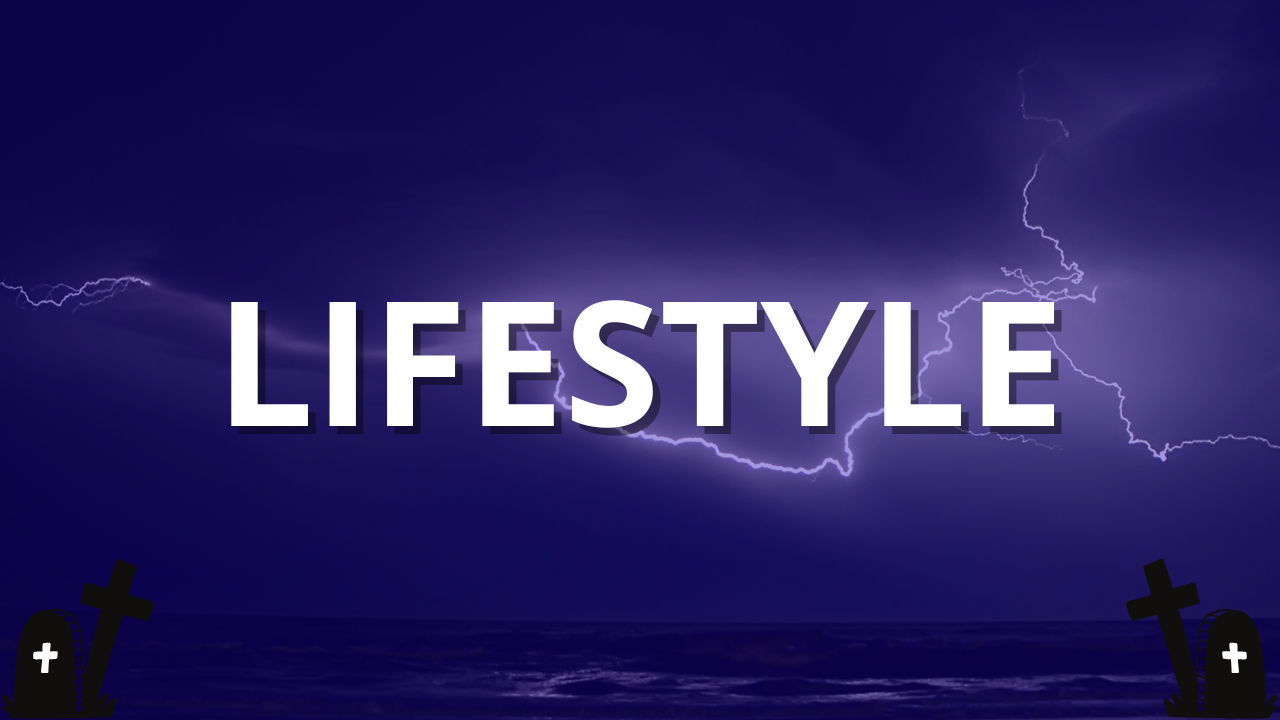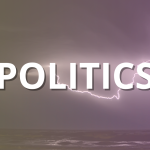A Growing Movement Toward Mindful Living
New York, NY — In an era dominated by constant notifications and screen time, a rising number of Americans are embracing the “digital detox” movement — a conscious break from phones, social media, and streaming platforms to restore focus, creativity, and mental balance.
The trend, which gained traction during the pandemic, has now become a mainstream lifestyle choice among young professionals and families alike. According to a 2025 survey by the American Wellness Association, nearly 58% of adults reported intentionally scheduling tech-free hours or weekends every month.
“People are realizing that being always online isn’t sustainable,” said Sophia Reed, a New York–based lifestyle columnist. “Disconnecting from screens helps reconnect with yourself and your surroundings.”
💡 Why Digital Detox Works
Health psychologists suggest that regular digital breaks reduce stress hormones and improve sleep quality. Overexposure to blue light and online content overstimulates the brain, leading to fatigue and attention issues.
Detoxing — even for a day — allows the mind to reset, enhancing mood, memory, and mindfulness.
📊 Survey Findings: How Americans Unplug
| Activity | % of Participants Engaged | Average Duration | Reported Benefits |
|---|---|---|---|
| No-phone weekends | 32% | 2 days | Improved focus, reduced anxiety |
| Screen-free mornings | 45% | 1–2 hrs | Better mood, higher productivity |
| Nature retreats | 27% | 3–5 days | Improved sleep, emotional clarity |
| Digital-free dinners | 53% | Daily | Stronger family bonding |
| Full-week detoxes | 11% | 7+ days | Deep mental reset, improved creativity |
🌼 The Rise of “Mindful Tech”
Tech companies have taken notice. Smartphone makers like Apple and Google now integrate “Focus” and “Digital Wellbeing” features to help users track and limit screen time. Meanwhile, wellness apps promoting meditation, journaling, and gratitude practices are surging in popularity.
Lifestyle experts say this balance — not total abstinence — is the real goal of the movement.
“Technology isn’t the enemy,” notes Dr. Elaine Porter, a behavioral scientist from Stanford. “It’s about setting boundaries and using tech intentionally rather than habitually.”
🏕 How Americans Are Practicing It
From yoga retreats in California to off-grid cabins in Vermont, wellness tourism is booming. Weekend getaways focused on nature walks, meditation, and silent mornings are fully booked months in advance. Social media influencers are also joining in, posting about “unplugged days” and encouraging followers to embrace mindful habits.
✨ Lifestyle Takeaway
The digital detox isn’t a rejection of technology — it’s a reclamation of attention.
By carving out tech-free spaces in daily life, Americans are rediscovering joy in simple moments: morning coffee without a screen, conversations without distractions, and sleep without the glow of blue light.
As Sophia Reed puts it, “Logging off might just be the most modern luxury of all.”







